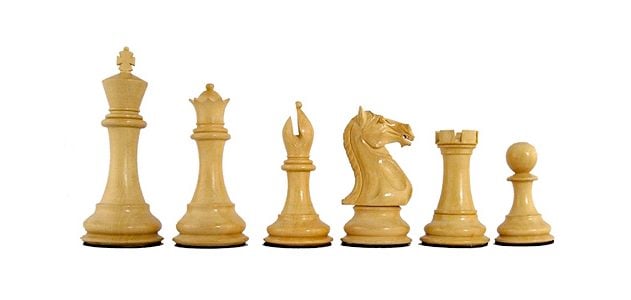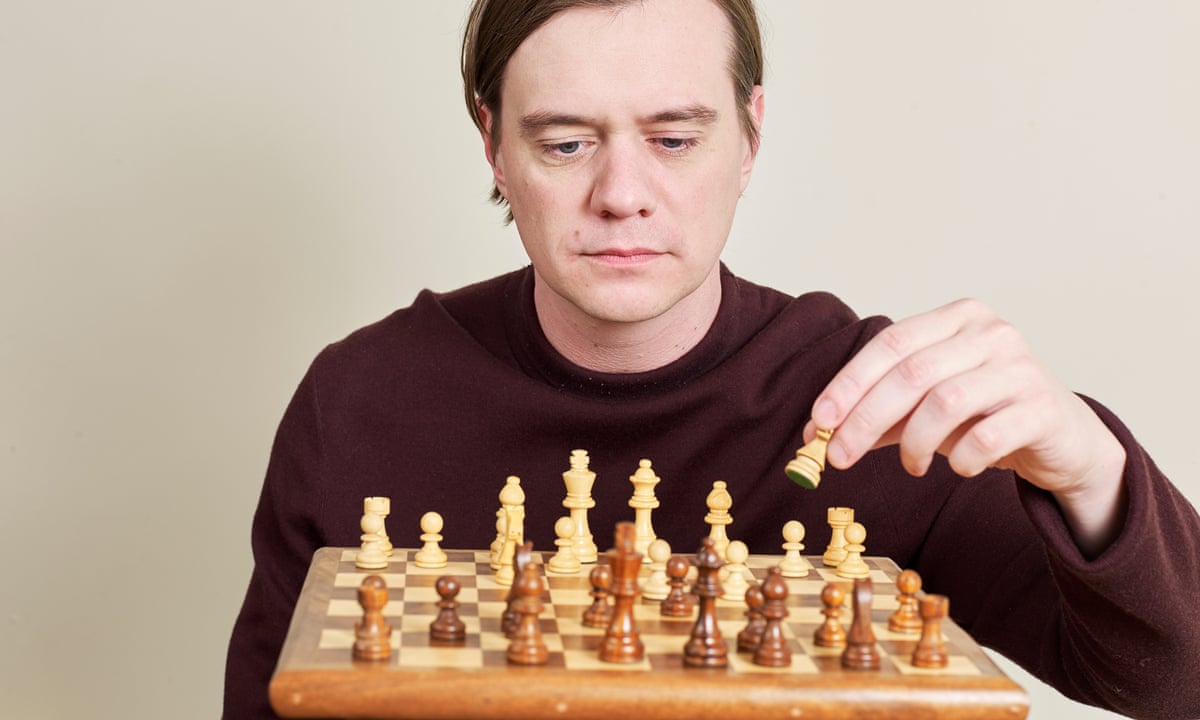Strategies for Chess: Unlocking the Keys to Mastering the Game
Chess techniques include a variety of methods important for success. Understanding the principles is vital for any kind of player. Each stage of the game-- from openings to endgames-- calls for an unique technique. Grasping these elements can cause considerable benefits. The trip doesn't end with standard understanding. There are much deeper layers to check out, exposing the complexities that can absolutely elevate one's game. What lies beyond the surface of these basic methods?
Comprehending the Principles of Chess
While several gamers focus on innovative strategies and methods, understanding the fundamentals of chess is necessary for any individual looking for to improve their game. The foundation of chess starts with the regulations, which determine how each piece steps and captures. Familiarity with the board's layout and piece values is essential, as it aids gamers examine placements and make educated choices.
Furthermore, mastering basic principles such as control of the facility, piece development, and king security prepares for reliable gameplay. Players ought to find out the value of keeping pawn framework and identifying risks, as these elements can substantially influence the outcome of a suit.

Developing a Winning Opening Approach
A successful opening technique in chess is essential for developing a helpful position early in the game. Players typically focus on essential principles such as piece advancement, control of the facility, and king security. Establishing items effectively permits higher movement and tactical possibilities, while inhabiting the main squares enhances impact over the board.
Opening techniques can differ substantially, from aggressive lines targeted at quick attacks to solid developments that focus on protection and steady development. Experience with typical openings, such as the Ruy Lopez or Sicilian Protection, can give players with an arsenal to draw from and adjust to opponents' feedbacks.
Furthermore, maintaining adaptability in one's opening strategy is essential, as stiff play can result in foreseeable patterns quickly exploited by well-informed challengers. Inevitably, a winning opening approach sets the stage for an effective center game, leading the means for triumph.
The Significance of Board Control
Board control functions as an essential facet of chess technique, greatly influencing the end result of the game. Efficient board control permits a gamer to dictate the pace and flow of the suit, supplying chances for tactical growth while restricting the opponent's alternatives. By occupying crucial squares, specifically in the facility, gamers can boost their piece mobility and develop stronger placements.
Controlling the board likewise assists in far better control amongst pieces, making it possible for tactical mixes and defenses. Chess. This benefit frequently equates into boosted pressure on the opponent, bring about prospective mistakes or miscalculations. Alternatively, an absence of board control can leave a gamer susceptible, as their pieces come to be limited in movement and efficiency
Thus, understanding the art of board control is important, as it lays the foundation for effective maneuvers and long-lasting critical preparation, eventually figuring out the victor in chess.
Tactics and Combinations: Searching For Hidden Opportunities
Revealing techniques and mixes is crucial for acquiring an advantage in chess, as it enables players to make use of weak points in their challenger's placement. Tactical understanding includes recognizing patterns such as forks, pins, and skewers, which can result in product gain or positional advantage. Gamers should constantly scan the board for concealed chances, evaluating prospective hazards and reactions.
Combinations often entail a collection of moves that might initially show up counterproductive however can culminate in a decisive end result. Chess. For circumstances, sacrificing an item to tempt a challenger right into a trap can shift the game's momentum
Additionally, effective computation is vital; gamers have to imagine a number of continue to anticipate the consequences of their actions. Regular practice of tactical puzzles can develop this skill. Eventually, understanding strategies and mixes empowers gamers to take control of the game, turning apparently ordinary settings right into winning possibilities.
Endgame Techniques: Safeguarding Your Success
Proficiency of methods and combinations prepares for success, but recognizing how to transform advantages into victory throughout the endgame is equally vital. In this phase of the game, players need to focus on piece coordination and pawn promo. Comprehending key concepts such as resistance and controlling crucial squares can significantly enhance one's possibilities of winning.
Effective endgame methods entail about his streamlining the setting when in advance, trading pieces to lower the challenger's counterplay, and using the king actively as a dealing with piece. Players should intend to develop passed pawns that can progress toward promotion, compeling the challenger to draw away sources to resist them.
Practicing usual endgame scenarios, such as king and pawn versus king, can offer very useful experience. Lastly, preserving persistence and insight throughout the endgame will certainly commonly separate the novice from the master, as crucial minutes can emerge unexpectedly.
Assessing Your Opponent's Relocations
Just how can a gamer successfully anticipate their challenger's technique? Assessing a challenger's relocations is important for creating an one-upmanship in chess. Gamers must observe patterns in their challenger's play style, keeping in mind propensities such as hostile or protective maneuvers. By recognizing these patterns, a player can anticipate potential feedbacks and prepare counter-strategies.
Furthermore, acknowledging the opening options can reveal a wealth of details relating to an opponent's recommended approaches. Players ought to likewise review the timing and context of specific moves, taking a look at the underlying motivations behind them.
Using techniques such as maintaining an adaptable way of thinking and adjusting to changes in the game can boost a player's ability to respond properly. In addition, keeping an eye on their opponent's clock management might offer understandings right into their level of confidence and convenience with the setting. In general, thorough observation and analysis are necessary for expecting and neutralizing a challenger's strategy.
Constant Discovering and Renovation in Chess

Continual knowing is a basic aspect of boosting one's chess game, enhancing the analytical abilities established via observing challengers. Players can improve their capacities by examining classic video games, checking out opening up theories, and involving with literary works on advanced strategies. Online sources and chess engines supply very useful devices for evaluating previous games, allowing players to identify blunders and improve their decision-making procedures.
Getting involved in competitions and informal suits is important for sensible experience, making it possible for players to use brand-new understanding in real-time scenarios. Additionally, joining clubs or on-line forums cultivates an area atmosphere where players can trade insights, go over methods, and get positive feedback.
Consistently evaluating one's own games and those of higher-rated gamers helps brighten areas for enhancement - Chess. By growing a frame of mind of lifelong learning, chess enthusiasts can constantly adapt, progress, useful reference and inevitably reach their capacity in this elaborate and gratifying game
Frequently Asked Concerns
What Are the most effective Chess Publications for Beginners?
The most effective chess publications for novices include "Chess for Dummies" by James Eade, "The Total Idiot's Overview to Chess" by Patrick Wolff, and "Bobby Fischer Educates Chess." These sources supply basic methods and important knowledge for brand-new gamers.
Exactly how Do I Deal With Shedding Touches in Chess?

What Online Platforms Are Finest for Exercising Chess?
Popular online systems for exercising chess include Chess.com, Lichess.org, and Net Chess Club. Each offers different functions such as problems, tutorials, and affordable play, satisfying various skill levels and choices among chess enthusiasts.
Exactly How Can I Improve My Chess Visualization Abilities?
To boost chess visualization abilities, one ought to practice mental exercises, solve challenges, assess video games without a board, and slowly increase the complexity of settings. Consistently playing blindfold chess can additionally significantly improve visualization capabilities.
What Are Typical Psychological Catches in Chess?
Typical psychological catches in chess consist of overconfidence, time stress, and the anxiety of mistakes. Gamers may additionally fall target to confirmation blog prejudice, leading them to ignore far better moves while concentrating on formerly effective techniques.